Medical
breastfeeding advantages, breastfeeding and bonding, breastfeeding and cancer prevention, breastfeeding and immunity, breastfeeding and postpartum recovery, breastfeeding benefits, child health, Dr Arooj Qayyum, emotional growth in children, immunity in infants, maternal health
Dr Arooj Qayyum
0 Comments
The Role of Breastfeeding in Child’s Health
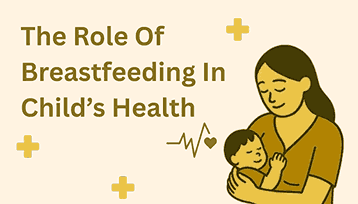
Breastfeeding is more than just a way to feed a baby. It is one of the most powerful foundations for a child’s health, growth, and emotional well-being. While science and medicine have advanced rapidly, no substitute matches the natural benefits of mother’s milk. Breastfeeding not only nourishes the body but also strengthens the bond between mother and child.
In this article, we will explore why breastfeeding plays such an essential role in a child’s life, from boosting immunity to enhancing emotional development.
Natural Nutrition for a Growing Baby
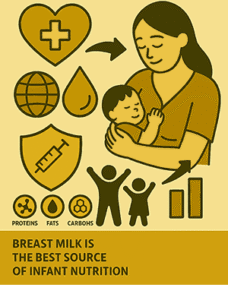
Breast milk is nature’s perfect food for infants. It contains the exact balance of proteins, fats, carbohydrates, vitamins, and minerals that a growing child needs. Unlike formula, breast milk adapts over time. For example, colostrum—the first milk produced after birth—is rich in antibodies and easy to digest. Later, mature milk develops to meet the baby’s changing nutritional needs.
Because it is easily absorbed, breast milk reduces the risk of digestive problems such as constipation, diarrhea, and colic. Every feed becomes an opportunity for the baby to receive the right nutrition without stress on the body.
Immunity That Protects
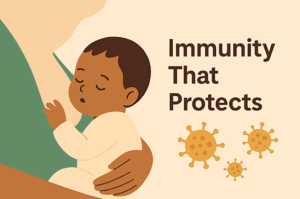
One of the strongest arguments for breastfeeding is its ability to protect infants from infections. Breast milk is full of antibodies, white blood cells, and enzymes that help the baby fight germs. Research shows that breastfed babies are less likely to suffer from ear infections, pneumonia, and gastrointestinal illnesses.
In addition, the protective effect does not end when breastfeeding stops. Children who were breastfed often enjoy stronger immunity even as they grow older. This early shield of protection is something no artificial milk can provide.
Building a Healthy Future
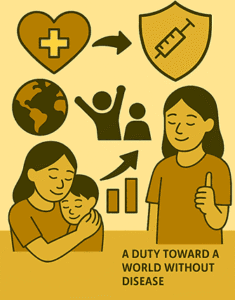
The impact of breastfeeding extends beyond the first year of life. Studies link breastfeeding to lower risks of chronic conditions such as obesity, type 2 diabetes, and asthma. Breastfed children also show a reduced likelihood of developing allergies.
Moreover, breastfeeding supports healthy brain development. Nutrients such as DHA (docosahexaenoic acid) in breast milk play a role in improving memory, learning ability, and overall intelligence. Parents often notice sharper attention and faster developmental milestones in breastfed babies compared to formula-fed ones.
Emotional and Psychological Growth
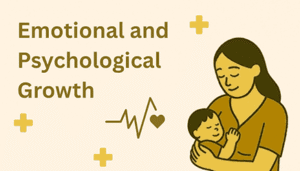
Nutrition and immunity are not the only gifts of breastfeeding. It also offers deep emotional benefits. The close physical contact during breastfeeding provides warmth, security, and comfort. This bond promotes trust between mother and child, laying a foundation for emotional stability.
Children who experience consistent breastfeeding often grow with greater confidence and emotional resilience. The act of being held skin-to-skin while feeding reassures the baby that they are safe and loved. Such moments have a lasting impact on their social and emotional growth.
Benefits for the Mother
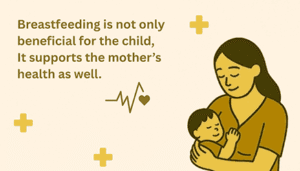
Breastfeeding is not only beneficial for the child; it supports the mother’s health as well. Nursing helps the uterus contract after childbirth, reducing bleeding. It also lowers the risk of breast and ovarian cancers. Additionally, breastfeeding can burn extra calories, making it easier for mothers to return to their pre-pregnancy weight.
Emotionally, breastfeeding helps mothers feel more connected to their babies. The release of hormones such as oxytocin during feeding fosters relaxation and happiness, reducing stress and even lowering the risk of postpartum depression.
Challenges and Myths
Although breastfeeding is natural, it does not always come easily. Some mothers may struggle with latching problems, low milk supply, or discomfort. Support from family members, healthcare providers, and lactation consultants can make a big difference.
Unfortunately, myths around breastfeeding also discourage mothers. For example, some people believe breast milk alone is not enough for the baby. In reality, exclusive breastfeeding for the first six months provides everything the baby needs for healthy growth. Introducing other foods too early can actually weaken immunity and increase health risks.
The Role of Society
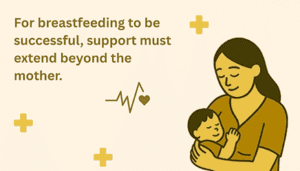
For breastfeeding to be successful, support must extend beyond the mother. Workplaces, healthcare systems, and communities play vital roles. Maternity leave, breastfeeding-friendly spaces, and awareness campaigns encourage mothers to continue nursing without fear of judgment or inconvenience.
When society normalizes breastfeeding, children thrive, mothers stay healthier, and future generations benefit. It is not just a private matter between mother and child—it is a public health responsibility.
Conclusion
Breastfeeding is a natural blessing that secures a child’s physical health, strengthens their immunity, supports brain development, and fosters emotional well-being. At the same time, it empowers mothers and creates a healthier society.
Every drop of breast milk carries life-saving nutrients and protective elements. While challenges may arise, with proper support, mothers can provide their babies with the best possible start in life. In the end, breastfeeding is not just feeding—it is nurturing, protecting, and shaping the future of every child.
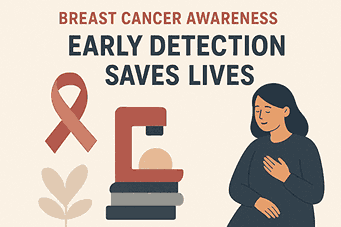
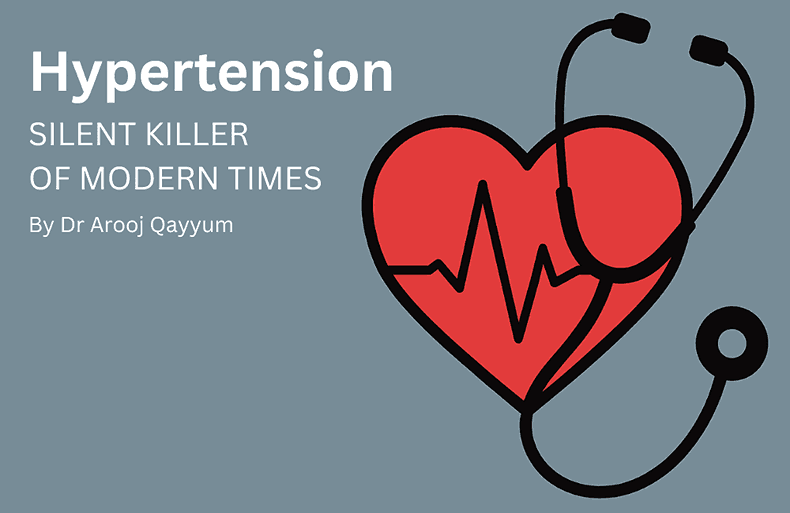
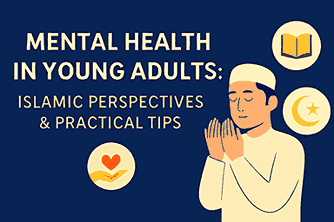
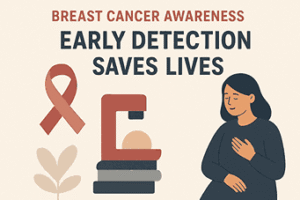
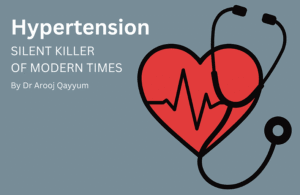
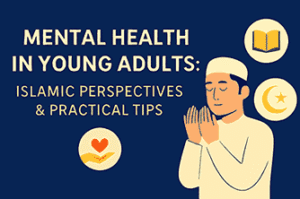
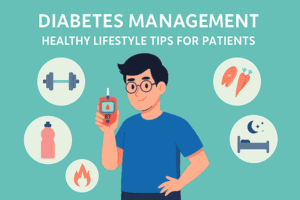
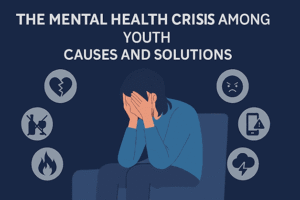
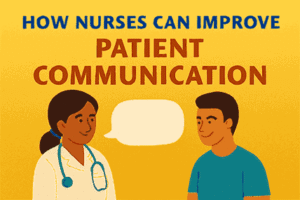



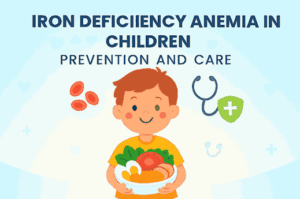
Post Comment